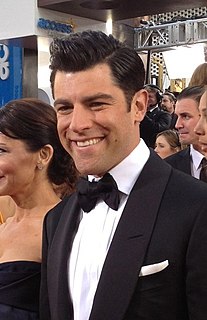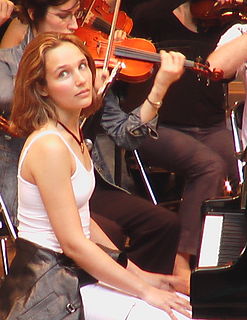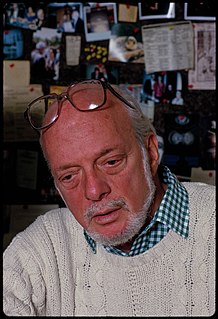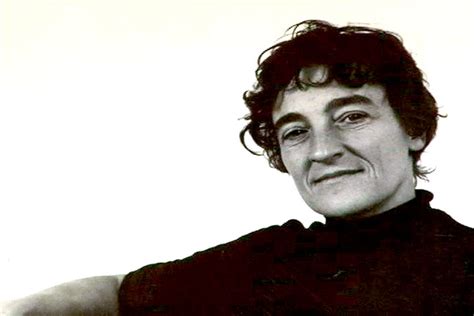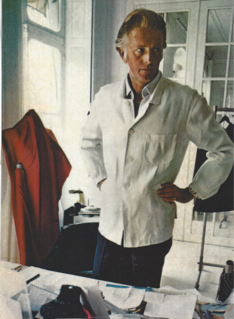A Quote by Peter Riegert
Sometimes you make a connection with a writer or a piece of material, and there's not much to ask.
Related Quotes
The only problems I sometimes have is if I ask for a piece for a group show, if I ask for a piece - I would like to put it into a show, sometimes the collectors get possessive about it and don't want to let something happen. Say you get full credit, you know. You give them your name, the catalog and it always enhances the value of the piece, you know, the more shows it is in, blah, blah, blah.
The dream, I think, with any project is it starts with an idea, and then somebody writes it, and the writer hopes that a director comes on and makes this piece of material visual, and both the director and writer hope that they can have actors come in and bring something to it that neither one of them expected, elevating it along the way.
The concept of who your audience is becomes more important than your site. Sometimes you can be commissioned to do a piece in Strasburg, and it works. Sometimes you're commissioned to do a piece somewhere else and it doesn't work, but then it moves to another city, the people embrace it, and becomes part of them. You just misjudged the needs of the people. Art is about giving people material and things to work with to fulfill whatever needs they have.
Bringing together disparate personalities to form a team is like a jigsaw puzzle. You have to ask yourself: what is the whole picture here? We want to make sure our players all fit together properly and complement each other, so that we don't have a big piece, a little piece, an oblong piece, and a round piece. If personalities work against each other, as a team you'll find yourselves spinning your wheels.
You want to take yourself seriously, and you want to make something that you hope will have resonance with the audience. You want to bring your perspective and what you consider your talent to that piece of work, and you move forward in that direction. Sometimes that's easy, and sometimes it's met with resistance because you're dealing with situations where, for everybody else, it's a piece of business.
Ten years ago when I started out I was kind of told I was insane for trying to pursue multiple fields at once because in five years everyone who just did one would have five times the resume I would if I was lucky, but I took that gamble because I just my gut told me it was the right thing to do and you know as an actor there is so much downtime you want to fill it with something else and as a writer you know sometimes you're doing a passion project, sometimes it's a paid gig, sometimes there is nothing, so you can do a journalistic piece.





